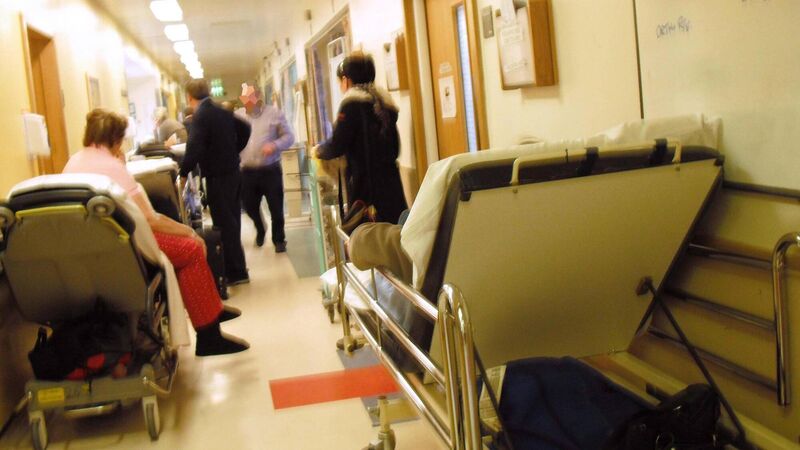Irish Examiner View: Health service crisis really is a matter of life and death

Patients on trolleys trollies at CUH Cork University Hospital. File Picture.
Unless specific and concrete measures are taken to deal with ongoing problems with the HSE we will be facing years, if not decades, of a declining and demoralised health service.
As the Oireachtas health committee heard yesterday, the ongoing crises being faced almost every day in our hospitals are the direct results of failures by successive governments to properly resource the health service.













